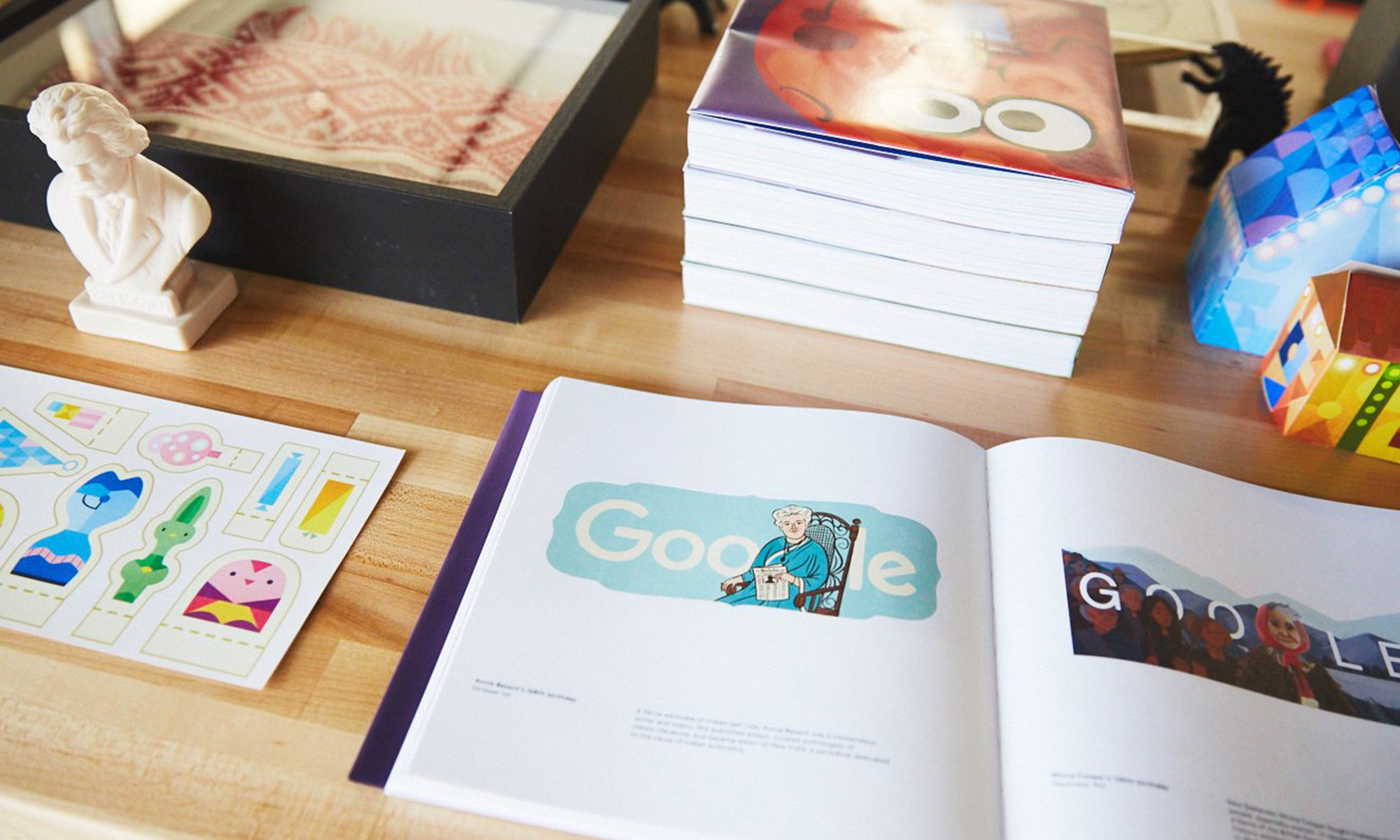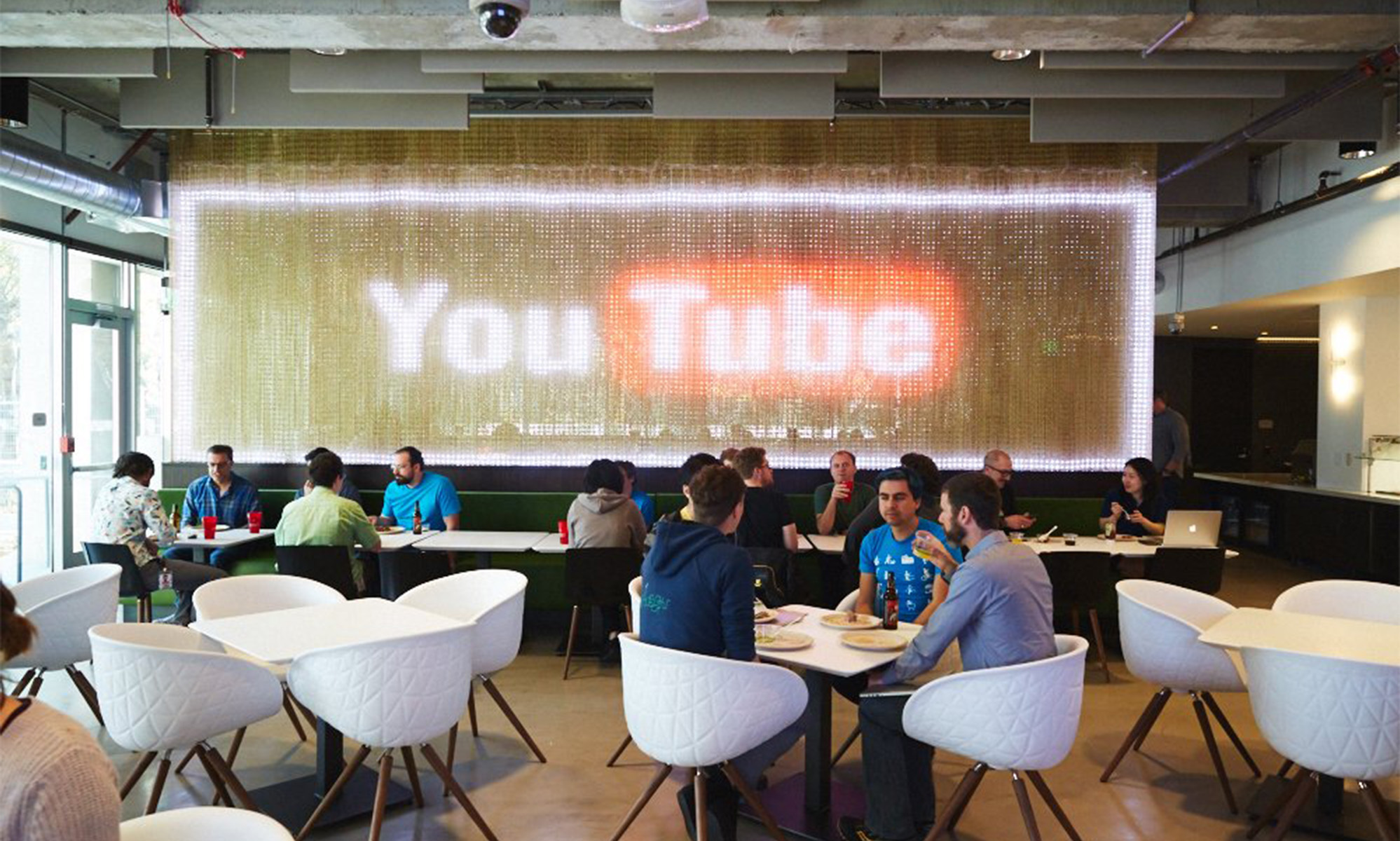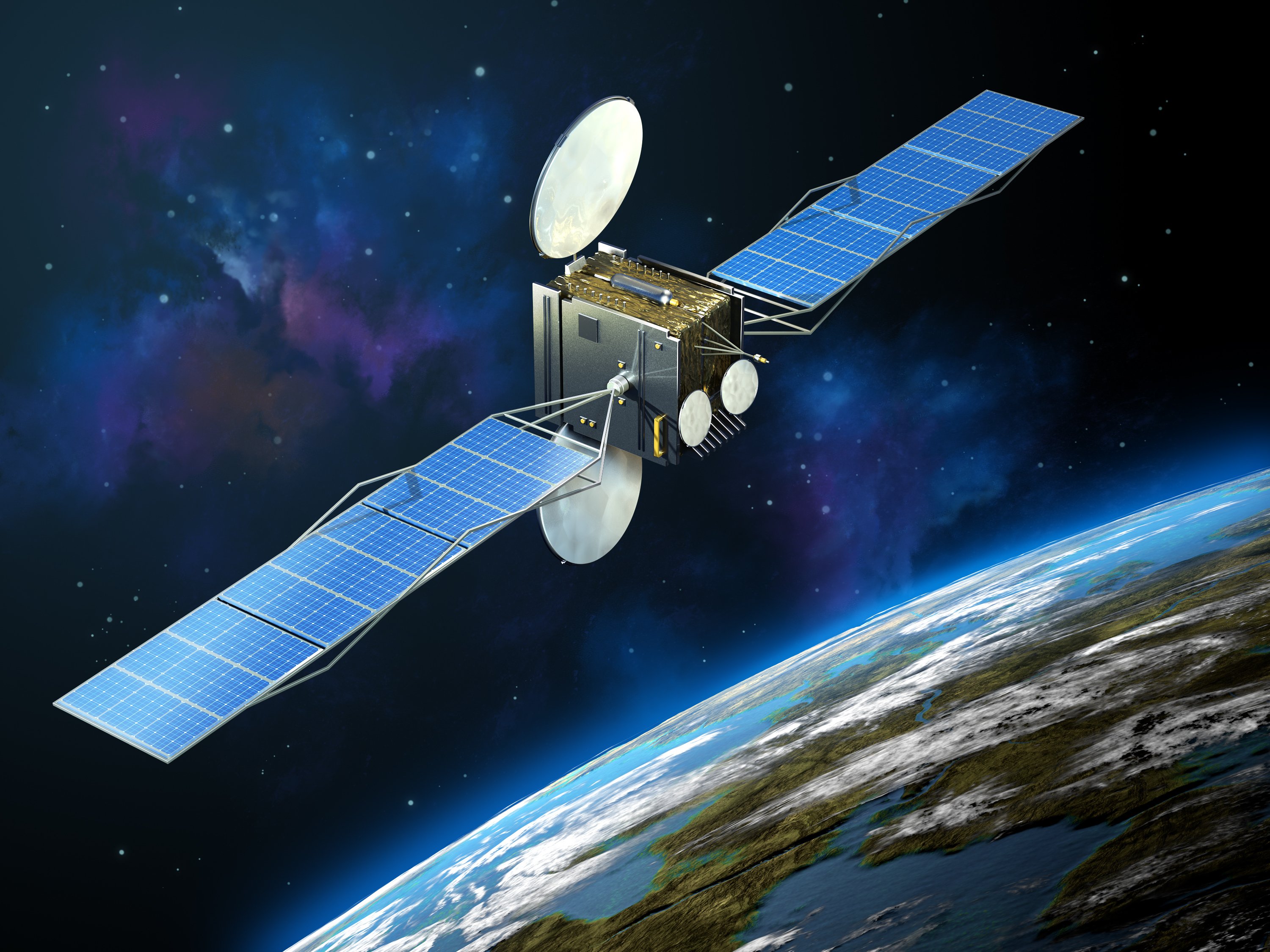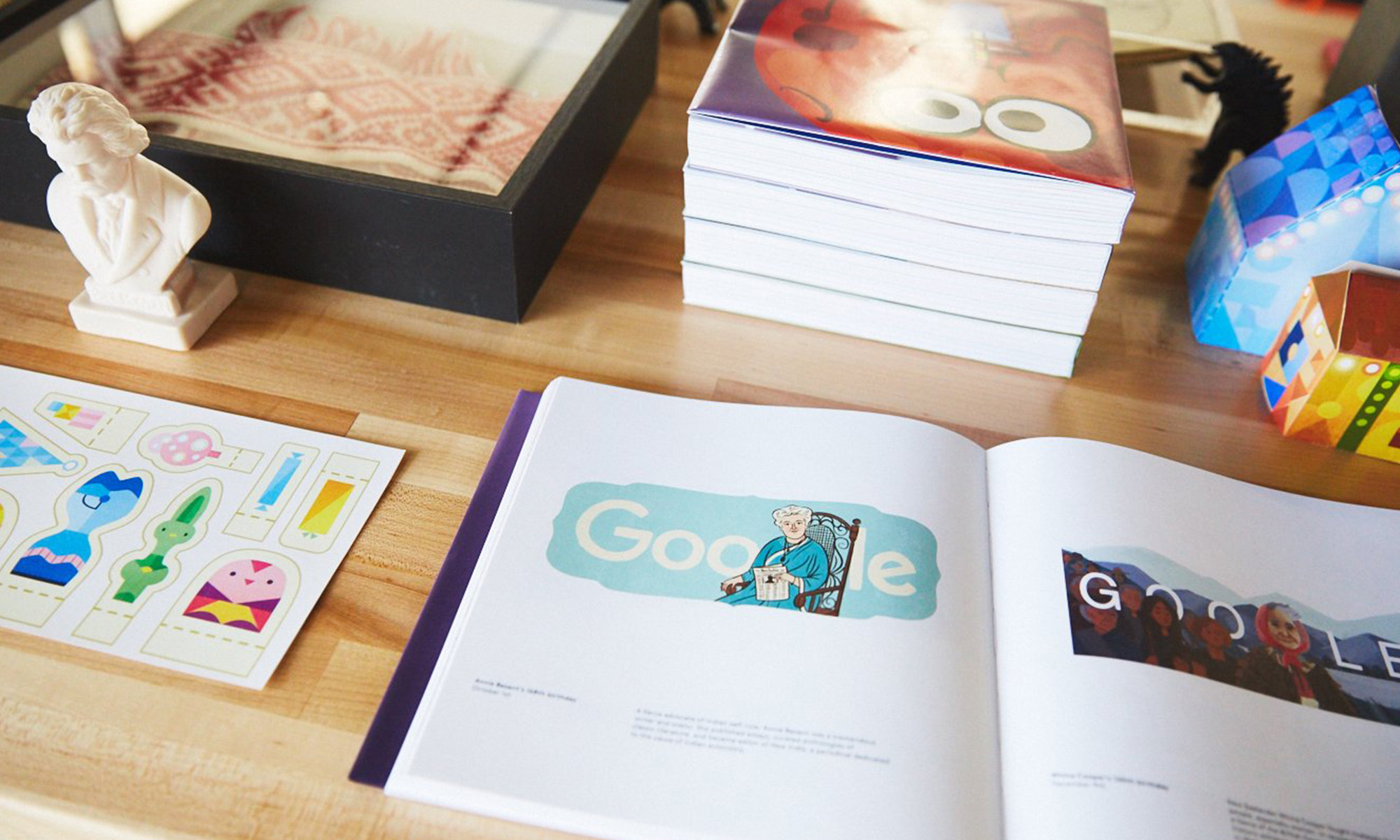First it was Samsung, then Microsoft. Will Google (GOOG +1.47%) be Best Buy's (BBY +0.10%) next partner?
That's what plugged-in tech blogger Robert Scoble is hearing. According to his sources, Google is going to rent out 6,000 square feet in multiple Best Buy stores next year. Although it's just a rumor, it would make a lot of sense -- as Google gets into hardware, it's going to need a dedicated retail operation.
And as more tech giants partner with Best Buy, the case for the once-dead retailer continues to strengthen.
Why Google needs a retail operation
To be clear, Google is still a search company. Its search engine continues to generate nearly all of its revenue and profit. But it has begun to branch out into hardware. Google makes an Ultrabook, the Chromebook Pixel, and a media-streaming device, the recently released Chromecast. It doesn't actually make the Nexus hardware (LG makes the 4, Asus makes the 7, and Samsung makes the 10), but they're branded as Google devices.
Of course, Google's most ambitious device isn't even out yet. Its high-tech, somewhat controversial, Google Glass is coming next year.
If Google is going to sell these devices, it's going to need a retail arm. As the success of Apple's retail operation has demonstrated, electronics makers do best when they take the retail operation into their own hands.
Especially with Google Glass. Given that it's such a revolutionary device, it seems unlikely that consumers are going to buy it before they test it out. Brick-and-mortar retailers have struggled to sell electronics in recent years, but perhaps that's because the devices being sold have not changed significantly.
If you're buying another TV, tablet or smartphone -- sure, go online. These devices are fairly well understood. But buying Google Glass? You're probably going to want to try it on first.
Best Buy's biggest liability is now its biggest asset
Earlier this year, there was a rumor that Google was considering building its own dedicated retail operation. I wrote that, if such an outcome came to pass, it would spell the end for Best Buy. With Apple, Microsoft, and now Google planning individual stores, there would be little need for Best Buy.
But then Samsung signed a deal with Best Buy, and everything changed.
Microsoft, which had been rolling out its own retail stores (a la Apple), switched course and signed a deal with Best Buy. Microsoft still has several dozen retail stores spread out across the country, but by partnering with Best Buy, it will increase its retail presence rapidly, at lesser cost.
Building a retail operation takes time. Best Buy already has plenty of stores in some of the best spots of the country, stores that consumers are trained to go to for their electronics needs.
When Best Buy was left for dead last year, investors came to the conclusion that the big-box stores were simply too big. Lots of Best Buy's merchandise (like video games, CDs, and DVDs) was going digital, and all that real estate was unnecessary.
Turns out that's not the case -- that real estate is still an asset after all. It's just a matter of repurposing it.
Building on the model that Apple's popularized, consumers want brand-focused stores with dedicated employees. Both Samsung and Microsoft provide their own employees to run their stores within Best Buy; it seems likely that Google would do the same.
Sony should be next
I wouldn't be surprised if other companies also form partnerships with Best Buy. If they don't, they risk having their products marginalized, as dedicated sections and employees gives competing brands a leg up over the competition.
One company that immediately comes to mind is Sony (SNE 1.99%). The Japanese electronics giant actually has a chain of retail shops, but not many -- less than 50 in the U.S.
Since naming a new CEO last year, Kazuo Hirai, the company has made a concentrated effort at turning itself around. This turnaround effort has taken the form of several major new products, including a 4K TV, the Xperia line of tablets and smartphones, a smart watch, and the upcoming PlayStation 4.
As these products compete directly with some of Microsoft's (PlayStation 4 vs. Xbox One), and Samsung's (Xperia vs. Galaxy mobile devices, smart watch, TVs) wares, Sony would benefit from its own partnership with Best Buy.
Investing in Best Buy
Contrary to what has been popular belief, Best Buy's retail space is an asset -- not a liability. As Apple has shown, electronics makers see a major boost from dedicated retail operations. Sure, they can go it alone -- building their own retail arm -- or they can partner with Best Buy.
Samsung and Microsoft clearly believe that strategy makes more sense. And if the rumor is true, Google, too, sees the advantage in a Best Buy partnership. It wouldn't surprise me if other companies, particularly Sony, also make deals to work with Best Buy down the road.
I've been pounding the table for Best Buy for a while now, and it's been a great stock to own. I still believe it has further upside.










